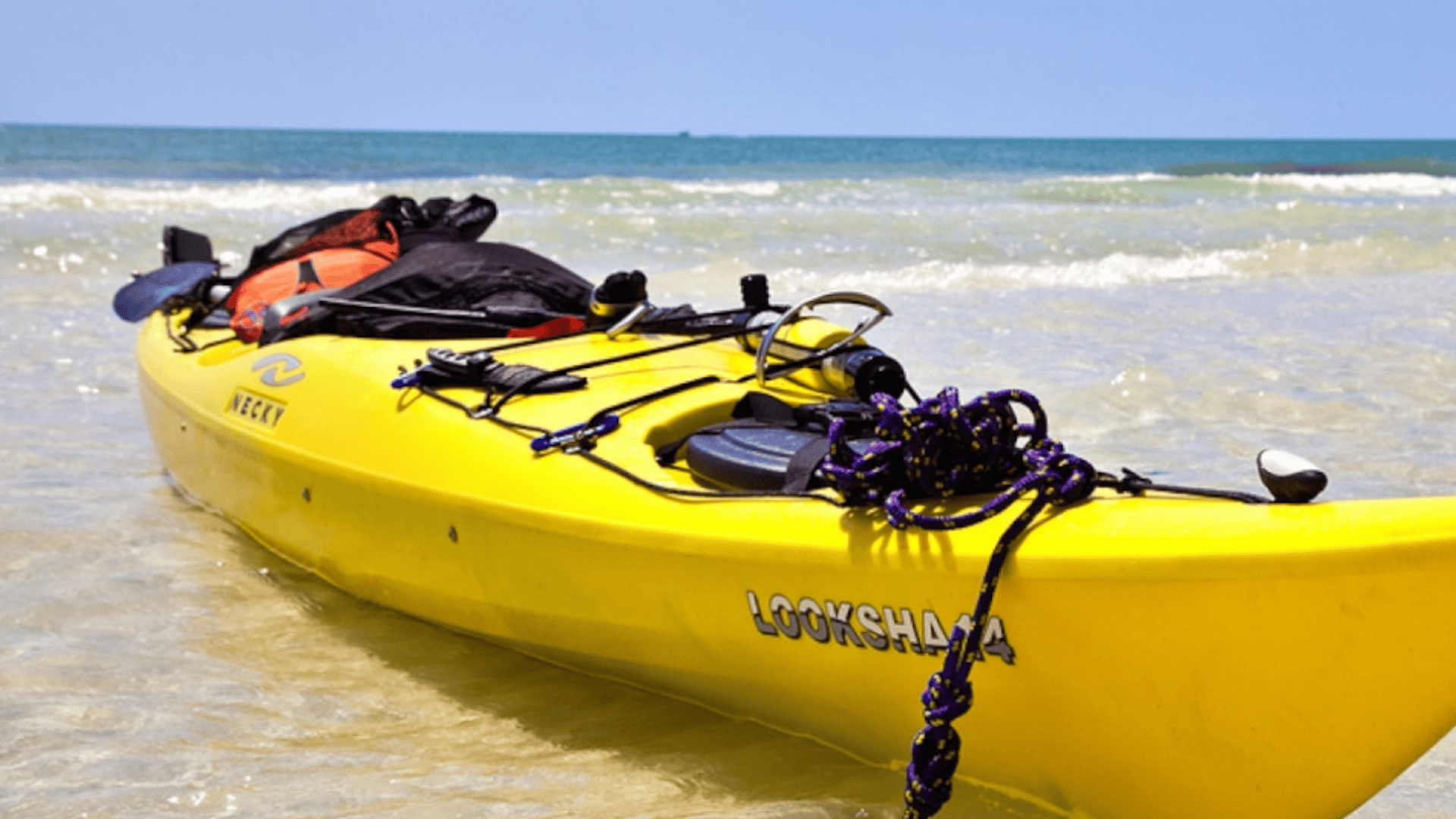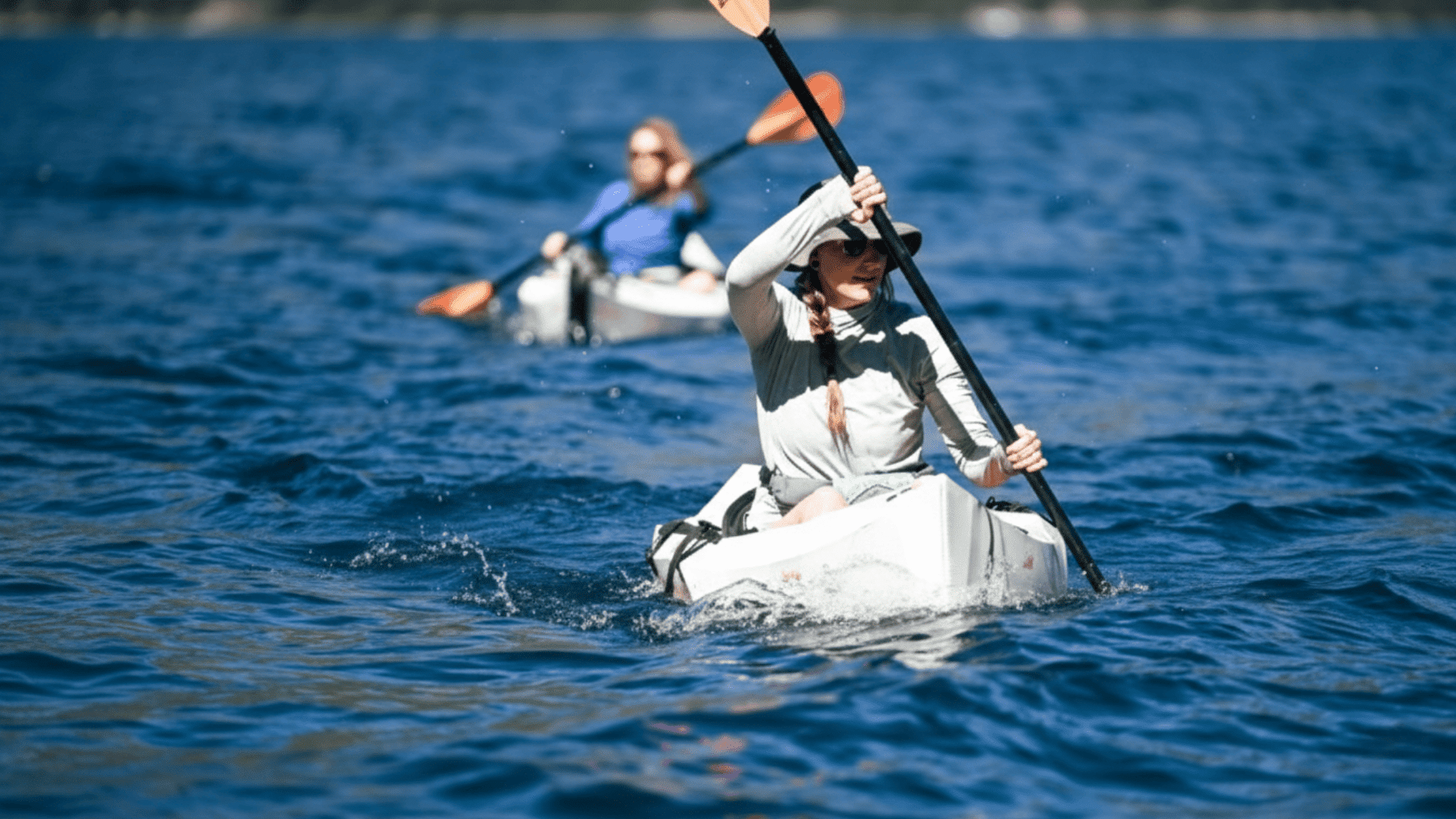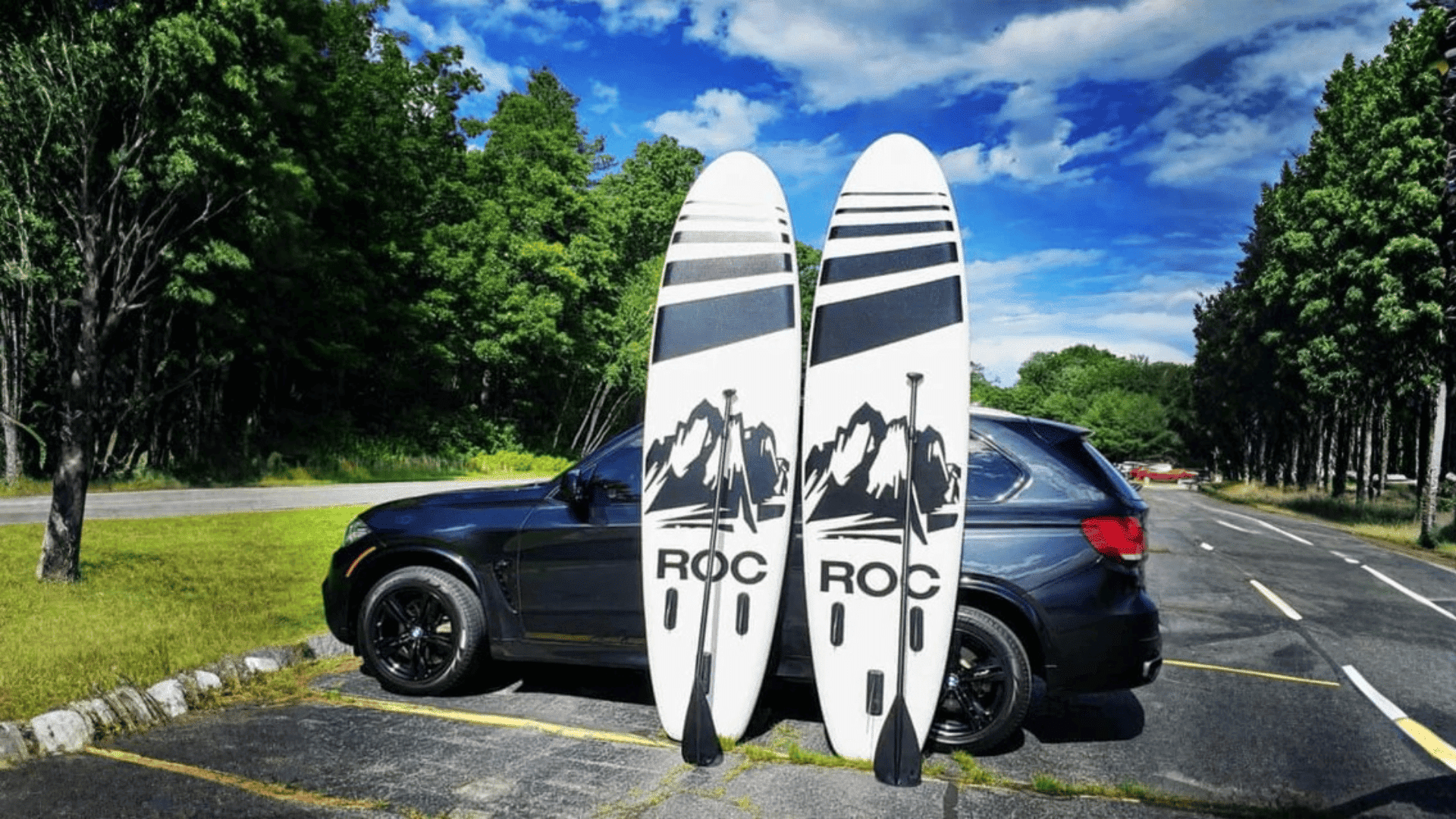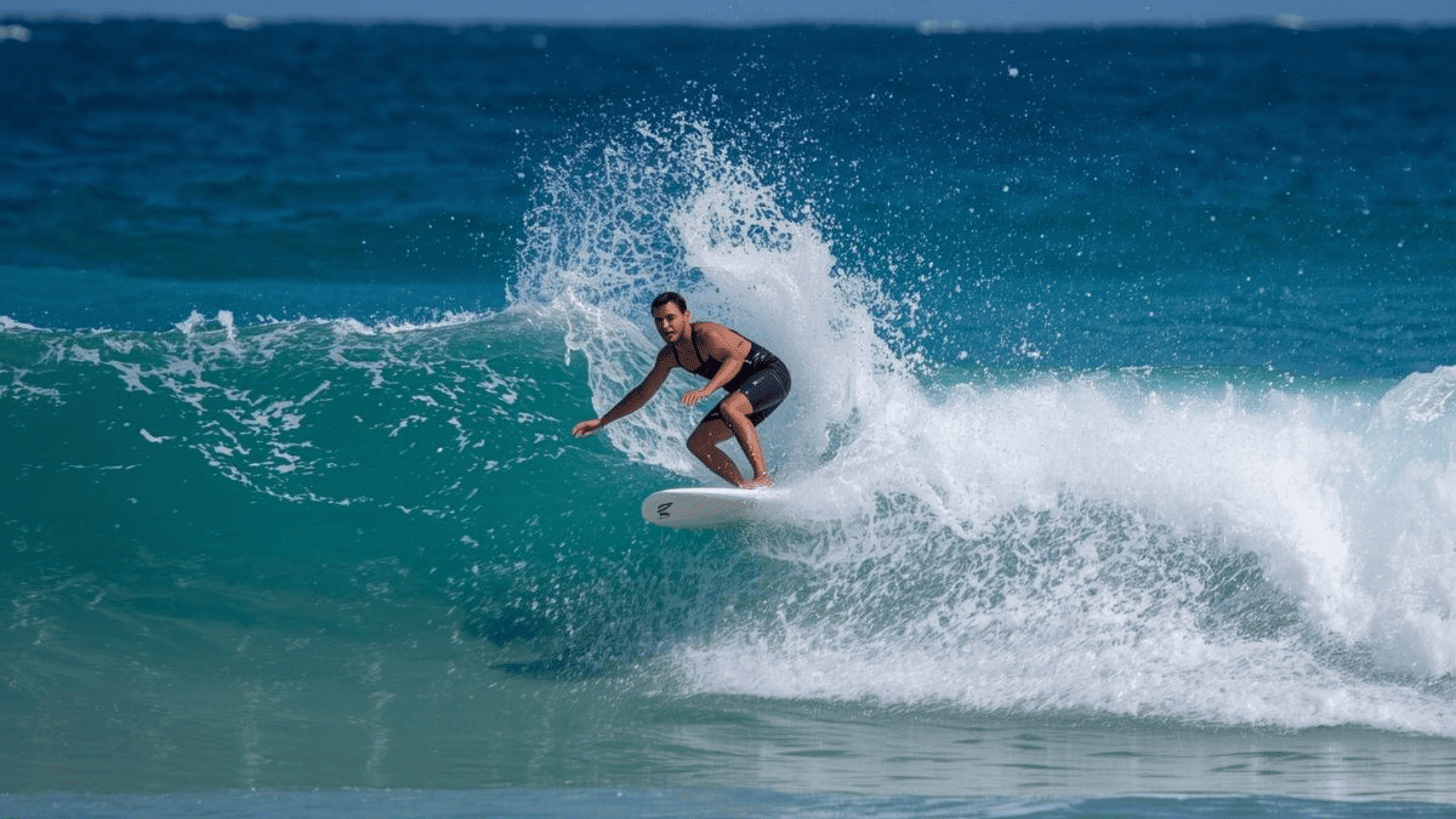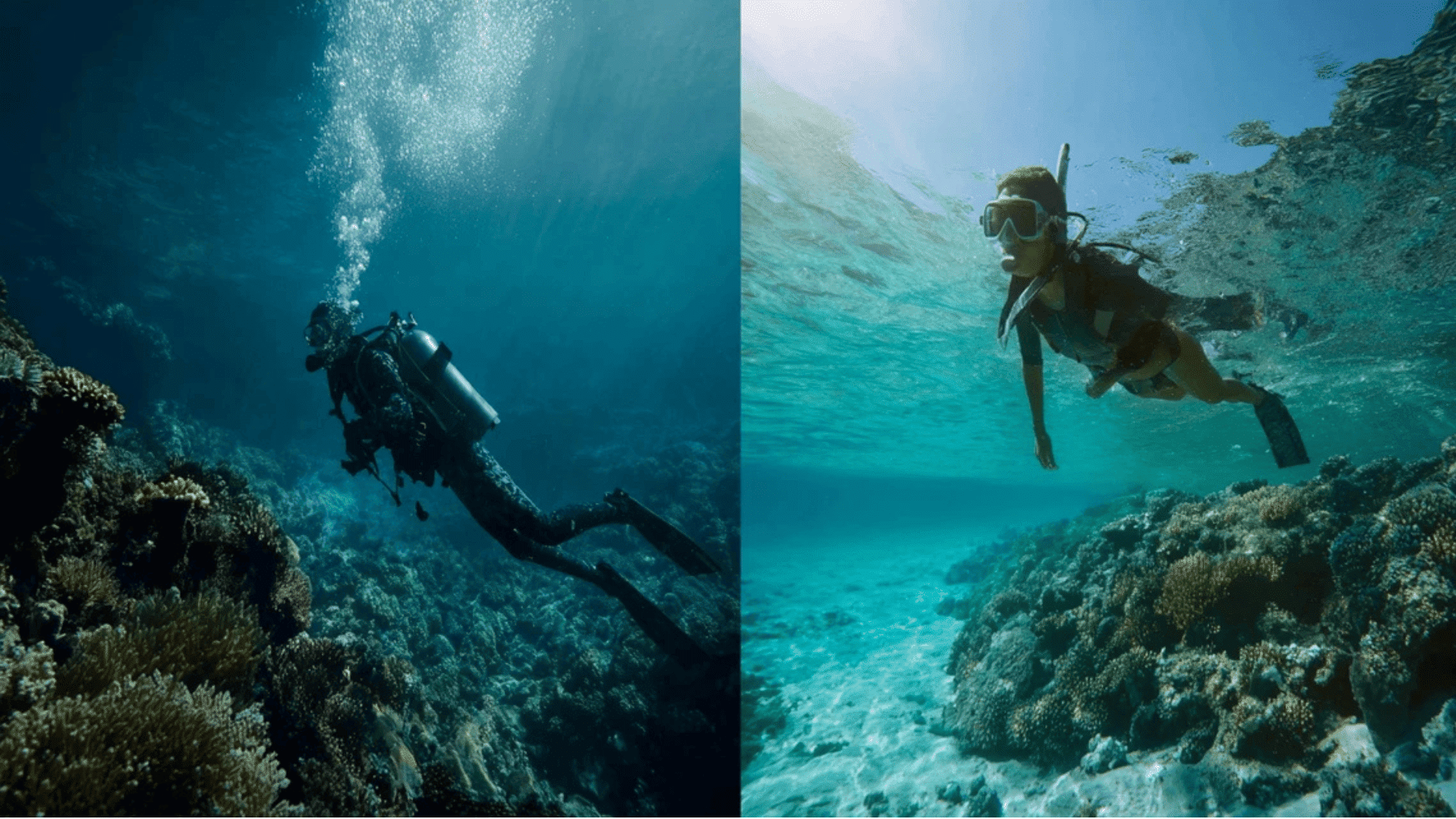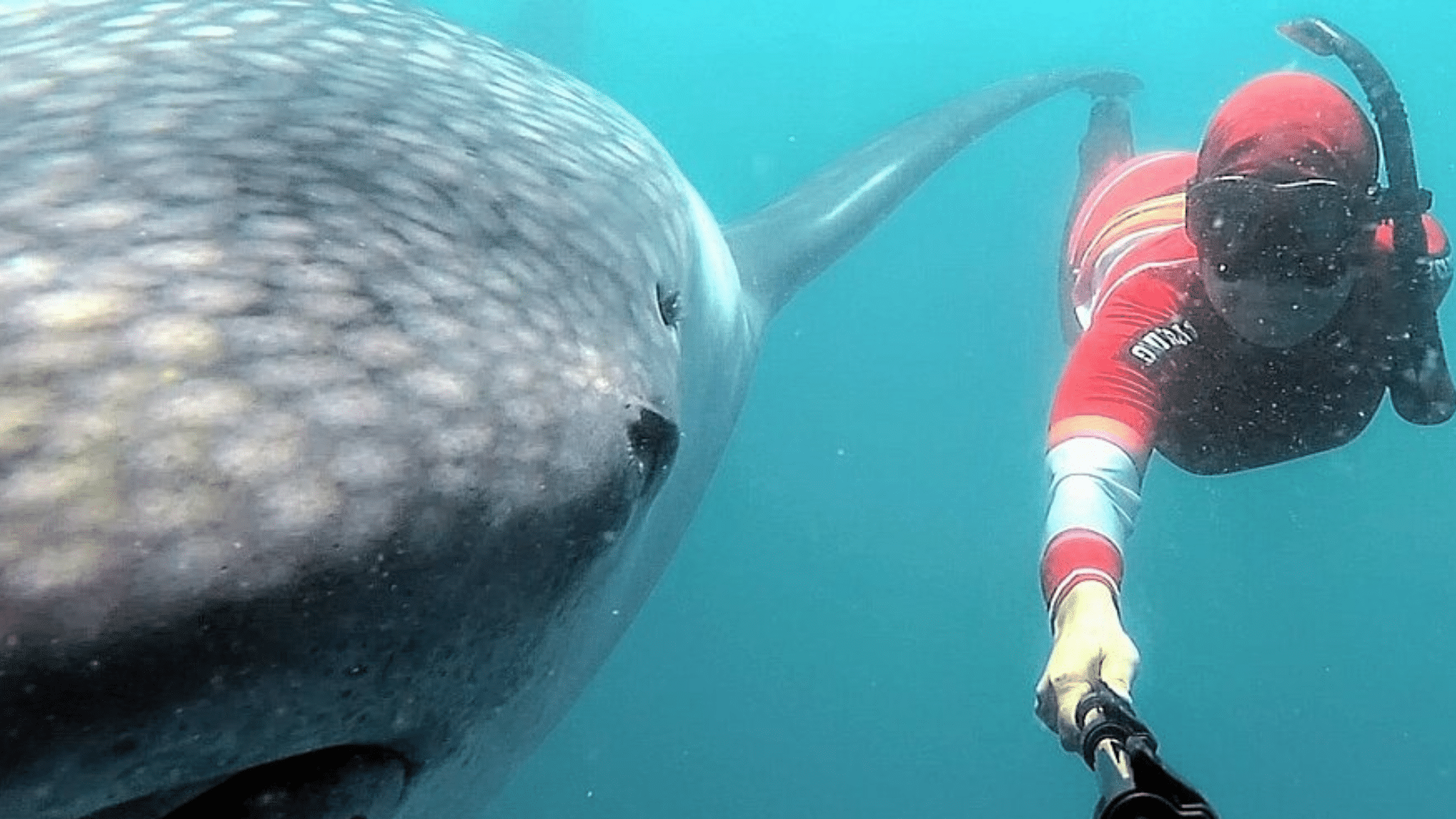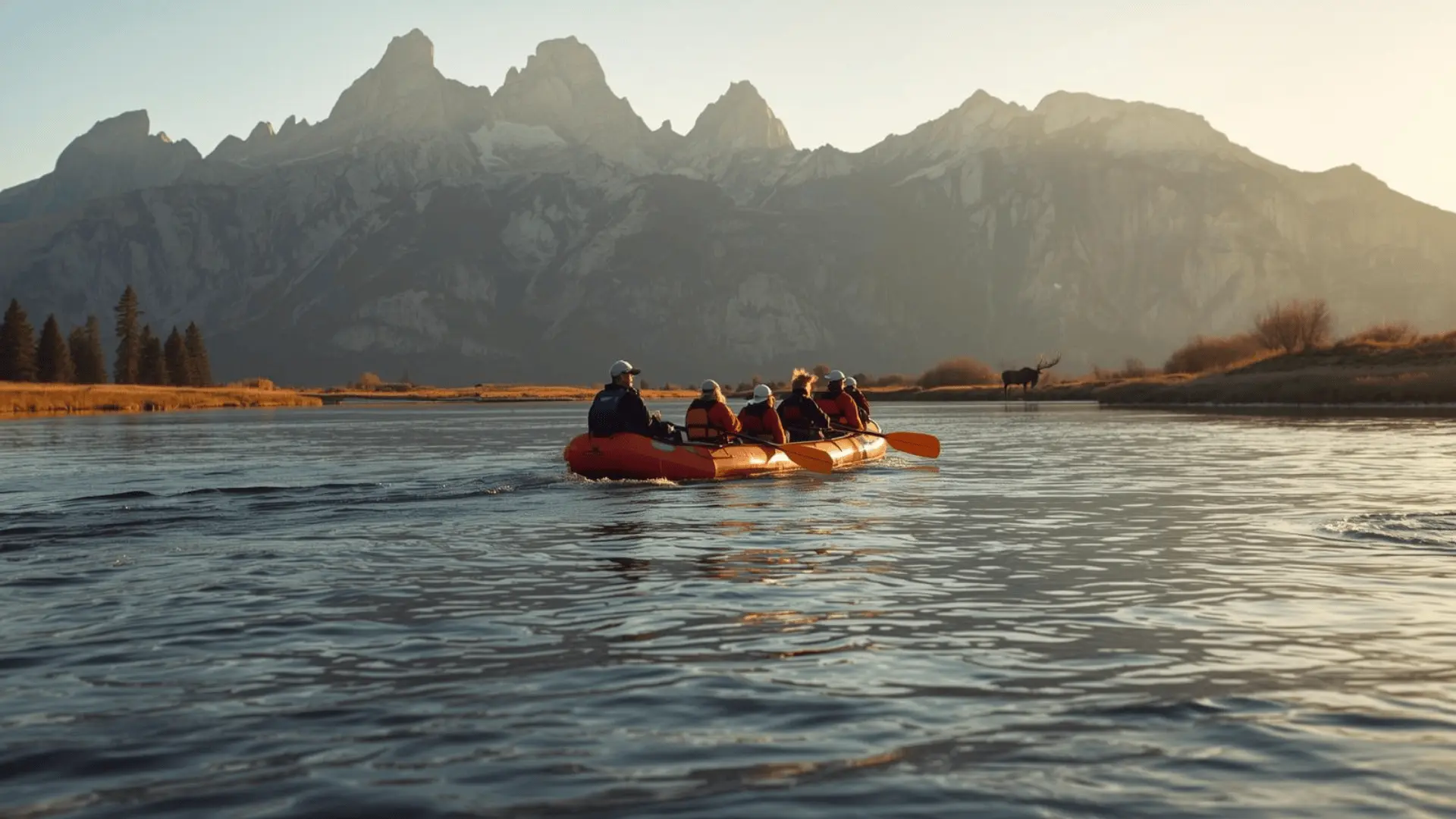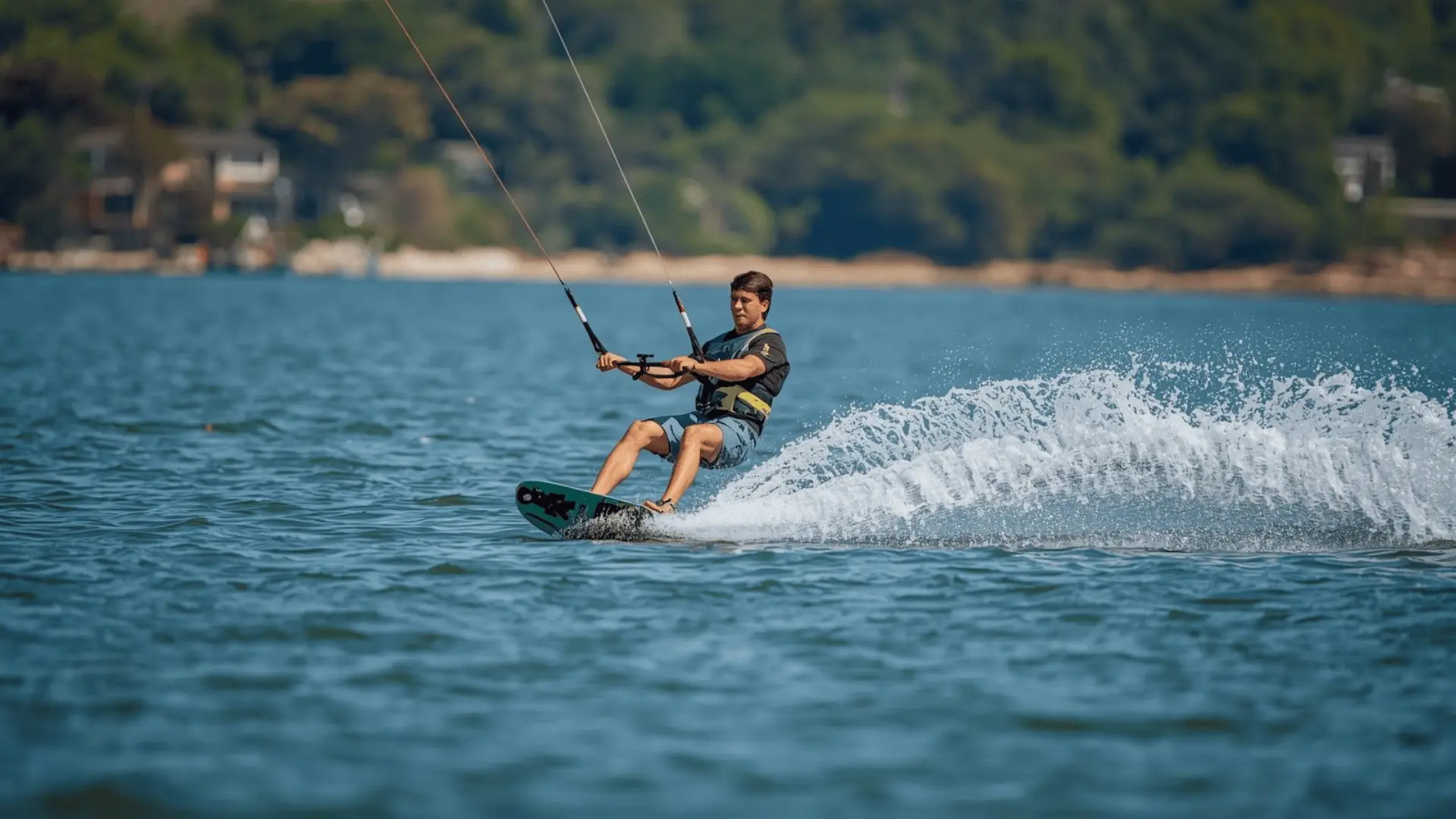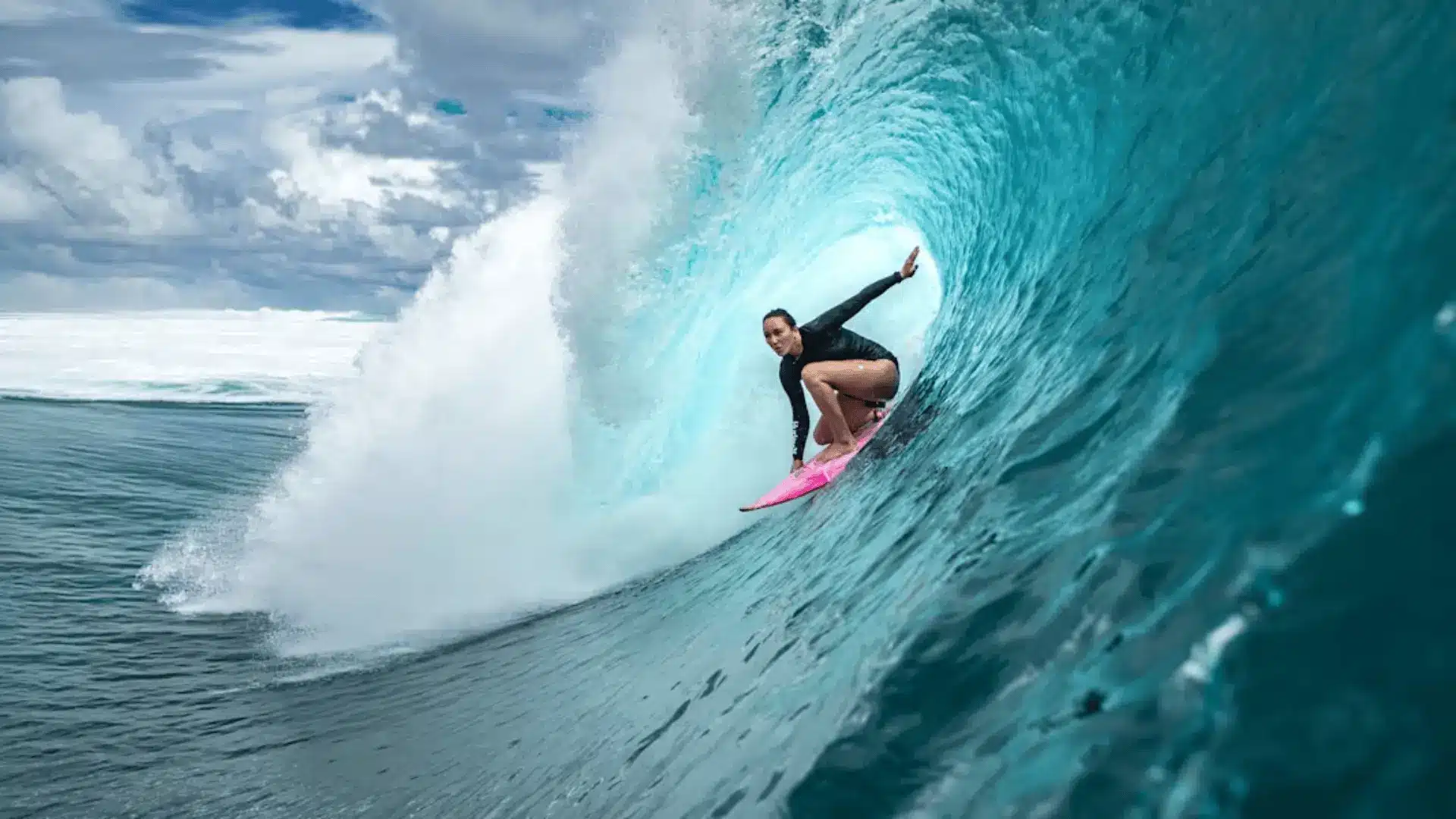What makes a kayak brand unforgettable? For many paddlers, it’s the perfect balance of heritage, performance, and innovation on the water.
Few names captured that spirit better than Necky, a brand remembered for bold designs and adaptable models that inspired confidence from calm lakes to coastal challenges.
Its story is more than just about boats; it’s about a philosophy of efficiency, stability, and passion for inquiry.
Today, that legacy continues to spark interest, not only through beloved Necky models but also through its connection with Old Town Canoe, one of the most established names in the paddling industry.
Together, they represent endurance, tradition, and lasting persuasion.
Origins and Evolution of Necky
Mike Neckar began building kayaks informally in the early 1970s in a garage near Garibaldi Station, British Columbia.
By the early 1980s, he had formally established Necky Kayaks in Abbotsford, British Columbia. His goal was to design stable, roomy, and comfortable kayaks that were better suited for ocean conditions.
While some narratives mention British influence, sources suggest that his motivation was largely to improve upon existing designs he found lacking. The convincing elements included British sea-kayak trends and the Aleut/Unangan baidarka tradition.
Necky’s early models included the Phoenix, Gannet, and President, emphasizing high-volume hulls inspired by whitewater boats but optimized for touring and ocean stability.
Transition to Old Town Canoe Integration
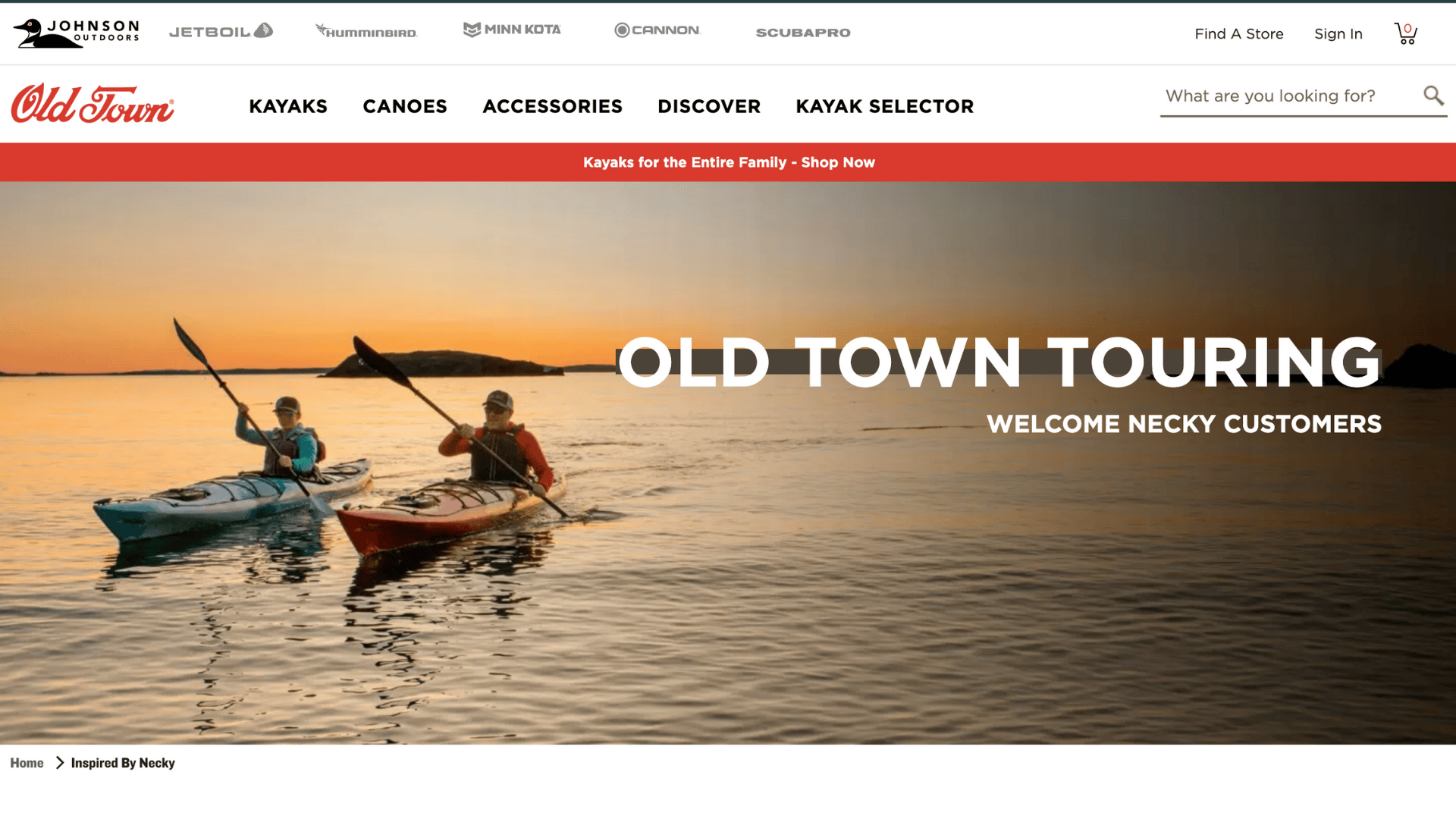
Starting in the mid-1970s, Necky attracted Pacific Northwest paddlers who valued its innovative hull geometry and lightweight construction.
Throughout the 1980s and into the early 2000s, the brand established a strong reputation among both recreational paddlers and serious touring fans.
Necky’s hallmark was a commitment to efficiency and performance, demonstrated by innovations such as the distinctive diamond hull design.
In 1998, Johnson Outdoors acquired Necky, integrating it into a larger portfolio, enabling further product development and expanded market reach
Distinct Model Series & Names
Necky offered various model lines tailored to different paddling needs:
- Looksha Series: Touring-focused kayaks with extended waterlines for efficient long-distance paddling.
- Manitou Series: Versatile and accessible boats balancing recreational use with light touring capabilities.
- Chatham Series: Designed for serious sea paddling, featuring reinforced hulls and outfitting systems suitable for challenging coastal conditions.
- Zoar Series: Intermediate models combining stability with reliable cruising speed.
While many models were produced in both polyethylene and composite materials, the interchangeability of parts varied.
The Looksha line, in particular, has parts compatibility with current Old Town versions, but interchangeability across all series is limited due to differing outfitting and hull structure specifications.
Key Changes in the Transition
| Before: Necky | After: Old Town Canoe |
|---|---|
| Independent brand specializing in touring and sea kayaks | Integrated under Johnson Outdoors’ consolidated strategy |
| Signature models: Looksha, Manitou, Chatham, Zoar | Only select designs, like the Looksha, were carried forward |
| Known for performance-driven hulls and sea paddling focus | Broader portfolio spanning touring, recreation, and fishing |
| Reputation built on 40 years of innovation | backed by Old Town since 1898 |
This transition ensured that while the Necky brand name disappeared, its design philosophy and popular models continued to influence paddling through Old Town.
Signature Models of Necky
Necky developed kayak lines that reflected its commitment to innovation, offering designs tailored to different paddling conditions, skill levels, and performance needs.
- Looksha Series – Touring-focused, featuring extended waterlines and refined hulls for efficient long-distance performance.
- Manitou Series – Versatile and accessible, balancing recreation with light touring for day trips and weekend adventures.
- Chatham Series – Built for serious sea paddling, with reinforced hulls and outfitting systems for challenging coastal conditions.
- Zoar Series – Designed for intermediates, combining predictable stability with reliable cruising speeds for extended outings.
Most models came in polyethylene or composite builds, though later HDPE versions were criticized for translucence and flimsy cockpits.
Together, these series reflected Necky’s philosophy of matching paddlers with boats that strike a balance between stability, speed, and seaworthiness, while maintaining its reputation for quality and innovation.
Buying Guide for Necky Kayaks
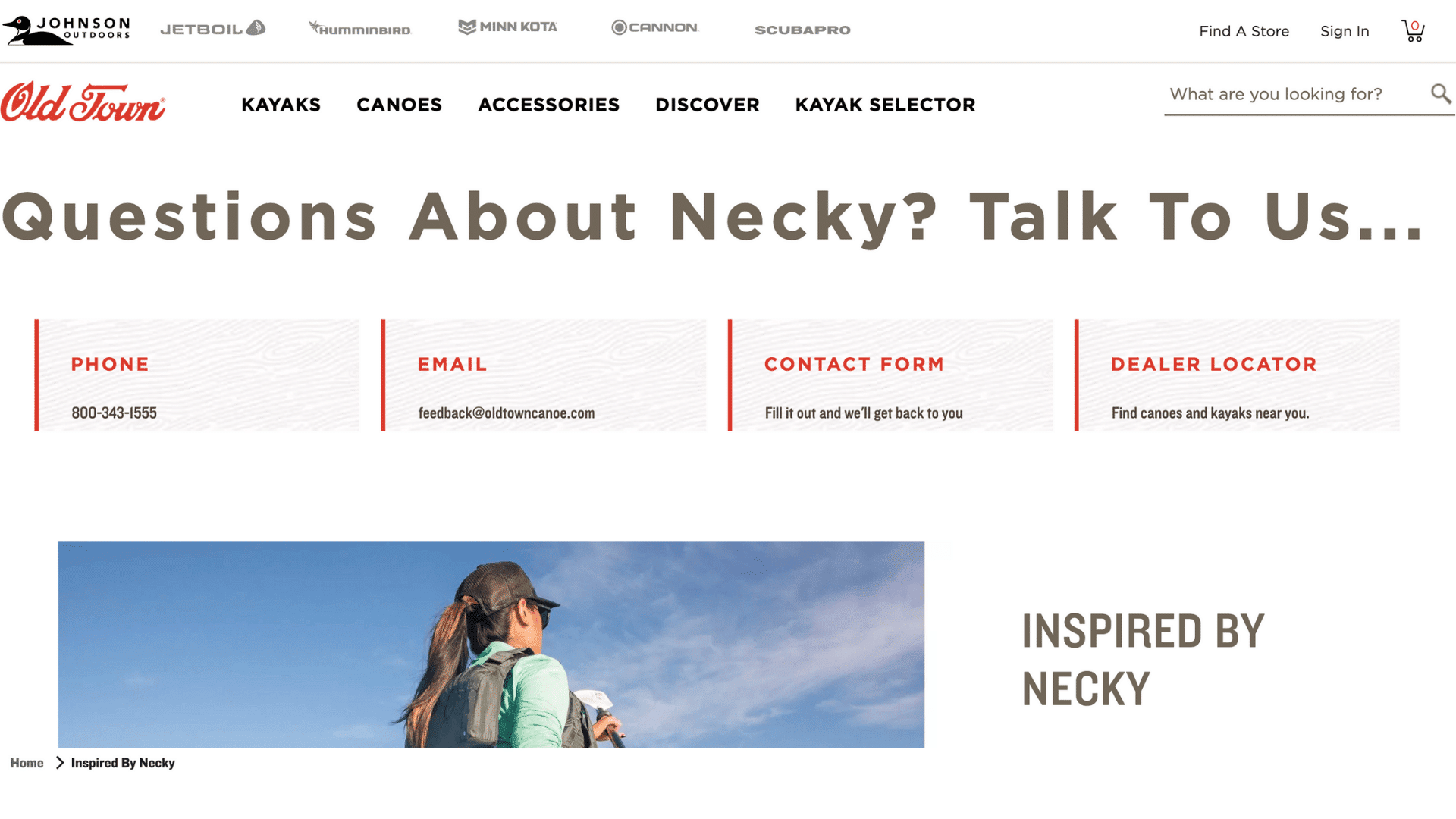
Although production of Necky kayaks has ended, many of their most recognized models remain available through trusted specialty retailers and resale outlets.
For paddlers seeking to own a piece of this legacy, careful selection is key.
What to Consider Before Buying
- Condition: Always inspect the hull for cracks, UV damage, and wear on seating or rudder systems.
- MaterialandComposite models deliver premium performance but come at a higher cost, while polyethylene versions are more affordable, albeit with varying long-term durability.
- Fit & Comfort: Older designs may require upgrades to outfitting systems, so ensure the kayak suits your paddling style.
- Intended Use: Match the model to your purpose: touring, recreation, or sea paddling.
Where to Find Necky Kayaks Today
- M2S Outfitters – Offers the Looksha 14 with Rudder and the larger Looksha 17 with Rudder.
- Oak Orchard Canoe – Stocks a range of Necky models, including the Manitou series.
- TopKayaker – Specializes in resale listings and accessories for discontinued Necky kayaks.
Why It Matters
Even though new production has ceased, these outlets provide access to models that defined Necky’s reputation for innovation.
With careful inspection and selection, paddlers can still enjoy the performance and durability for which the brand is known.
However, a few models have disappeared from the market entirely, making certain Necky kayaks increasingly rare and difficult to find.
Timelines & Transition Details
Johnson Outdoors acquired Necky in 1998. Necky production ended on June 15, 2017, and the company later consolidated kayak production under its various brands, including Old Town and Ocean Kayak.
Necky, as an independent brand, was discontinued around 2017, with select lines, most notably the Looksha series, integrated into Old Town’s touring kayak offerings.
While the Necky brand ceased, its design philosophy and model legacy continue through Old Town, alongside broader Johnson Outdoors portfolio diversification.
Some confusion exists in market discussions due to overlapping product lines among these closely related brands.
Purchasing Considerations and Market Availability
The used vessel market maintains strong demand for quality touring platforms from both original Necky production and current Old Town offerings.
Discontinued models often retain value due to their reputation for performance and build quality.
Price ranges vary significantly based on model, condition, and construction materials:
- Composite vessels typically command premium pricing compared to polyethylene alternatives.
- Prospective buyers should evaluate hull condition, outfitting systems, and compatibility with modern accessories.
- Older models may feature less refined seating and support systems compared to contemporary designs, though many components can be upgraded with current replacement parts.
- Storage and transportation requirements also deserve consideration, particularly for longer touring models.
Roof rack systems, storage space, and handling capabilities should be tailored to align with the vessel’s dimensions and weight specifications.
Maintenance and Longevity Strategies
Proper care extends vessel lifespan regardless of construction material or age:
- Polyethylene hulls benefit from UV protection during storage.
- Composite hulls require attention to gel coat and structural integrity.
- Rinse after saltwater use to prevent corrosion of metal components and remove salt deposits.
- Regular inspection of outfitting systems (seats, foot braces, rudders) ensures early detection of wear.
- Indoor storage provides optimal protection, but outdoor storage with proper covering is acceptable.
- Avoid prolonged ground contact to prevent hull deformation.
Transportation security requires proper tie-down techniques and protective padding. Quality roof racks help distribute loads and protect both kayak and vehicle surfaces.
Final Thoughts
Paddling has always been more than movement across water; it’s an expression of freedom, balance, and connection with nature.
The brands that shaped this experience remind us how thoughtful design can heighten every journey, whether on calm lakes or rugged coastlines.
Choosing the right kayak is ultimately about finding a vessel that complements your style, ambition, and environment.
If Necky models inspire your interest or Old Town’s current designs feel like the right fit, research available options today and let the water guide your next experience.


